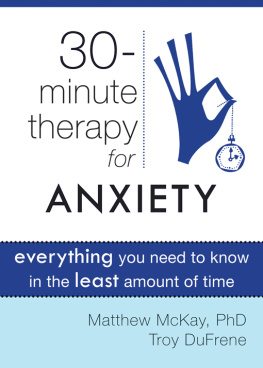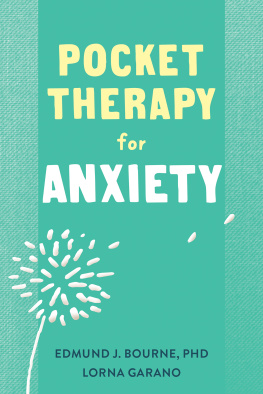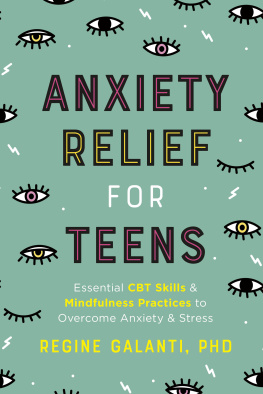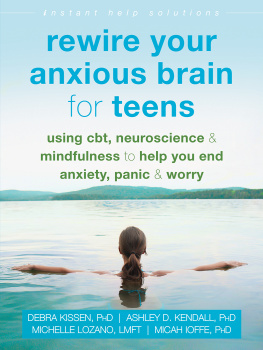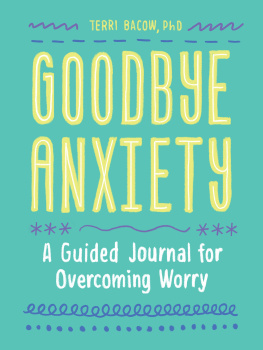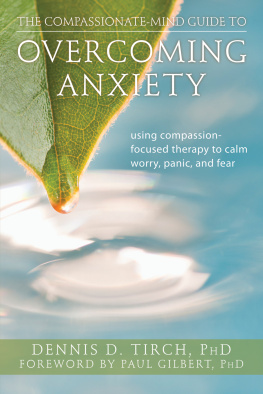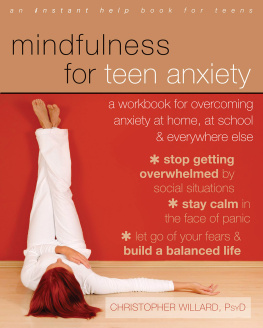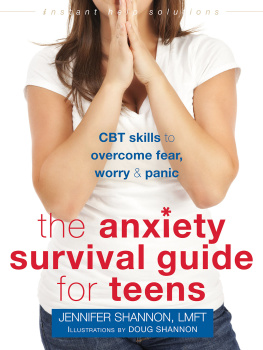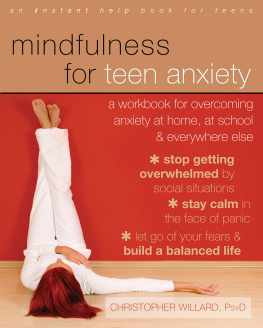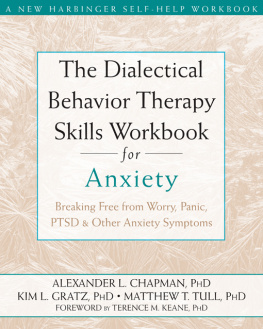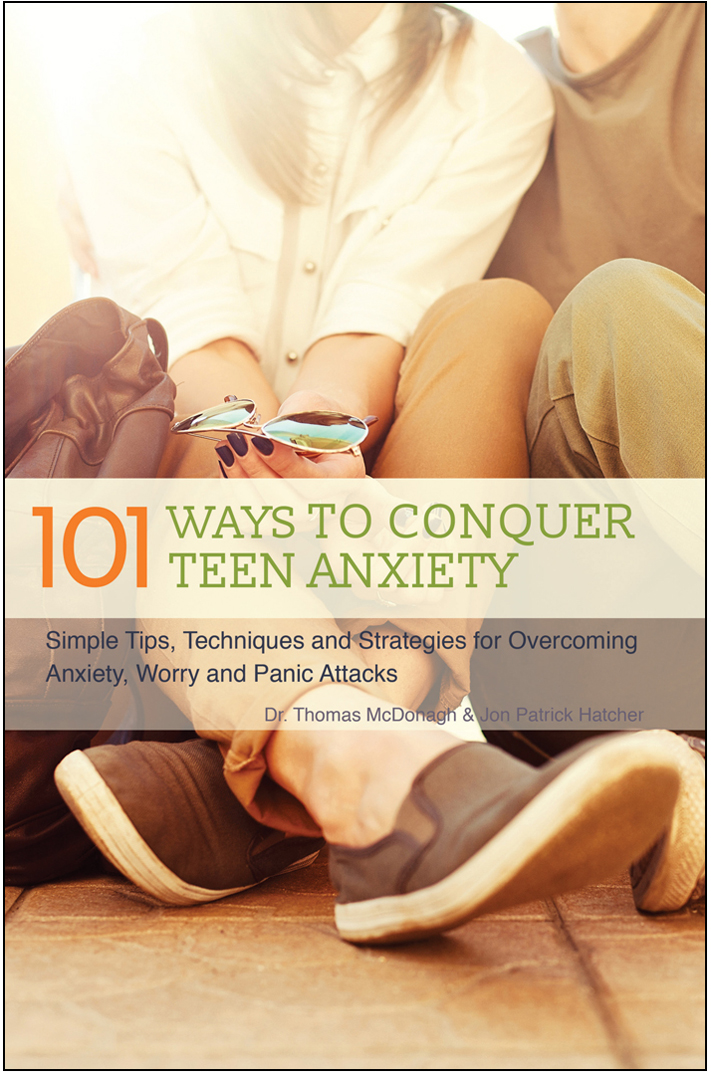
Text copyright 2016 Thomas McDonagh and Jon Patrick Hatcher. Design and concept copyright 2016 Ulysses Press and its licensors. All rights reserved. Any unauthorized duplication in whole or in part or dissemination of this edition by any means (including but not limited to photocopying, electronic devices, digital versions, and the Internet) will be prosecuted to the fullest extent of the law.
Published by
Ulysses Press
P.O. Box 3440
Berkeley, CA 94703
www.ulyssespress.com
ISBN: 978-1-61243-573-2
Acquisitions editor: Casie Vogel
Managing editor: Claire Chun
Editor: Renee Rutledge
Proofreader: Lauren Harrison
Cover and interior design: what!design @ whatweb.com
Cover photo: Mostovyi Sergii Igorevich/shutterstock.com
Illustrations: Peter L. Brown
Layout: Caety Klingman
Index: Sayre Van Young
NOTE TO READERS: This book has been written and published strictly for informational and educational purposes only. It is not intended to serve as medical advice or to be any form of medical treatment. You should always consult your physician before altering or changing any aspect of your medical treatment. Do not stop or change any prescription medications without the guidance and advice of your physician. Any use of the information in this book is made on the readers good judgment after consulting with his or her physician and is the readers sole responsibility. This book is not intended to diagnose or treat any medical condition and is not a substitute for a physician. This book is independently authored and published and no sponsorship or endorsement of this book by, and no affiliation with, any trademarked brands or other products mentioned within is claimed or suggested. All trademarks that appear in this book belong to their respective owners and are used here for informational purposes only. The authors and publishers encourage readers to patronize the quality brands mentioned in this book.
To my family, for all their love and support.
Dr. Thomas McDonagh
To James and JoAnn Hatcher, Marian Lamb, and Dave Peterson for your selfless dedication to others.
Jon Patrick Hatcher

Table of Contents
Guide
CONTENTS

I am a little acorn as plain as you can see. But remember that the mighty oak was once a nut like me.
I cowrote this book with Dr. McDonagh largely because of the experiences I had with anxiety as a teenager. Though I have always been a steadfast athlete and competitor, I lack grace in my day-to-day endeavors. I attribute this to an anxious mind that was always diverted to everything but what I was doing at the moment. It began when I was a child with a series of unfortunate events:
I cracked my chin while trying to stand atop a large, plastic ball to impress my German shepherd.
I got sick after eating granulated dishwasher detergent from under the kitchen sink.
I was electrified after falling on an electric fence at a family friends ranch during a rainstorm.
In the fourth grade, I broke my left hand and received my first concussion over a single recess period.
Most recently, I broke my left foot doing a flip into the shallow end of a pool, and I ruptured an eardrum while scuba diving in Monterey, California.
Most of my cuts, breaks, abrasions, and contusions are directly attributed to my anxiety. Early on, I earned the nickname Trainwreck because of my propensity to turn so many things into worst-case scenarios. Anxiety was driving the train. When faced with any choice bigger than white or wheat, I was paralyzed by analysis. Even with sports and recreational activities, I regularly let fear and anxiety disrupt my focus and confidence, leading to personal injury and surgeries. For example, while mountain biking downhill one Saturday, I noticed a deep rut running parallel to me in the trail. I worried that my front tire would drift into the rut, causing me to flip. A reasonable fear. Except that I became fixated on the rut as I careened downhill, staring at it until my tire followed my eyes right into the small trench. I immediately tried to turn out of it, causing the wheel to buckle and the bike to somersaultwith me on it. Had I kept my eyes and focus on the 80 percent of rut-less trail in front of me, I would have made it just fine. I created what I most feared by letting fear navigate.
Anxiety can make you feel different. And not in a good way. Back then, I never knew why no one else seemed to struggle with decisions or life events the way I did. And it wouldnt have mattered what diagnosis or label was put on me because it would not have changed how I felt. Anxiety attacks in Little League and high school were my status quo, and I chalked them up to personal freak-outs. Maybe Ill outgrow them, I thought. In the absence of any deep self-realization, I always knew I was wired differently from others. And not in a cool way, like having a cloak of invisibility or being able to down an extra-large pizza in one sitting; rather, having the powers of hypervigilance and social awkwardness.

It was bad enough that I never knew what was wrong with me; but when others openly wondered, I became self-conscious on top of feeling cracked. Fortunately, I wasnt successful at hiding my neurosis from my parents for long, since thats what parents dopay attention and stuff. They began inquiring about my thoughts and feelings early on. When my answers surprised and scared them, they wisely found me a therapist. Therapy was cool to me as a kid because it meant going to someones kick-ass playroom full of toys Id never have and renting them for 50 minutes. It wasnt as cool for my parents because they didnt get to play and had to write the checks. If there was a form of play therapy for adults, I think a lot more people would seek help. We could play fantasy football, online poker, or Jenga. The therapist I see today has no toys. She could at least get a small sandbox with a tiny rake, or a lava lamp. But it forces me to talk, interact, and qualify my feelings without distractions, and I reap the incredible value it provides me.

Ive got 99 problems and 93 of them are completely made-up scenarios in my head that Im stressing about for absolutely no logical reason.

My therapy began at 13 and continues today. With some mild effort, I developed a ton of invaluable skills to counter my anxiety and even depression. Through regular application, I became a master at using cognitive behavioral therapy (CBT) and dialectical behavioral therapy (DBT) skills. Dont get lost in the acronyms. CBT is nothing more than a set of learned cognitive skills to solve current problems by changing unhelpful thinking and behavior (see ).


